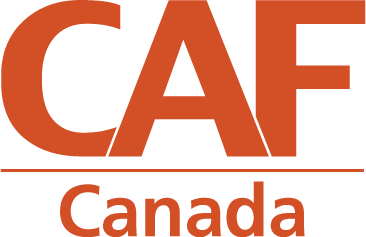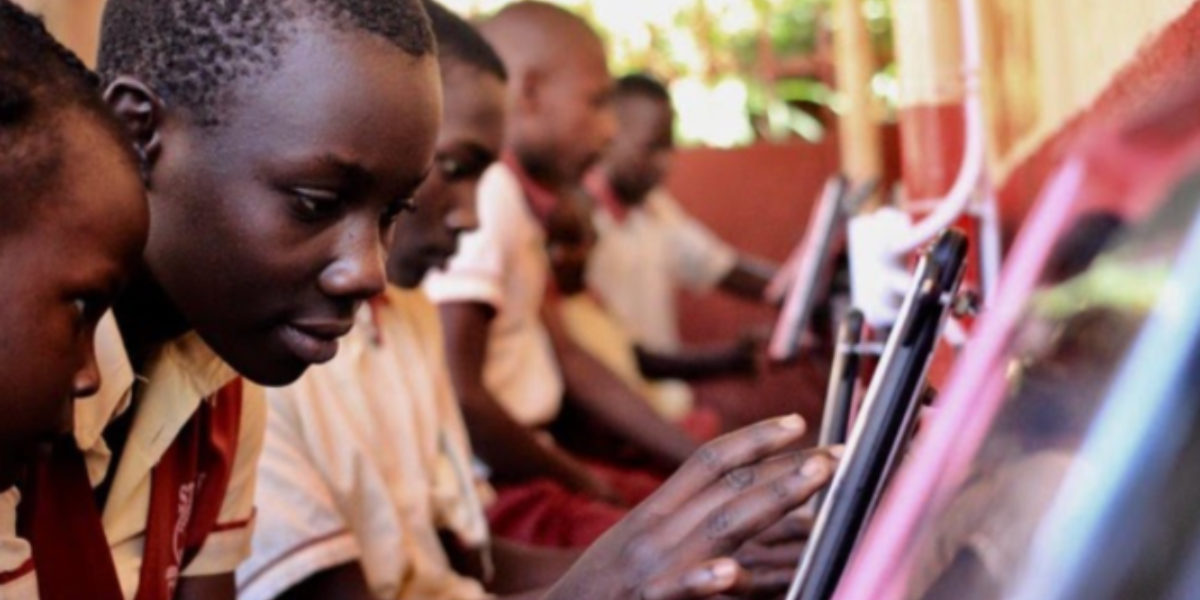Around 258 million, or one in five children worldwide are out of school according to a 2018 UNESCO report. The impacts of a life with little to no education are far-reaching and affect everything from nutrition to future employability. As low-income youth race toward a future of increased social stratification, access to education has never been more critically important to breaking the cycle of poverty. With the rise of the internet, access to educational resources has become possible for those who wouldn’t have otherwise had the opportunity, yet 40% of the world’s population still doesn’t have regular access to it.
To address these gaps in education, Project Hello World works with some of the most underserved and isolated communities in Uganda and Nepal to build and deploy state of the art, solar-powered internet hubs with built-in educational software. The organization works in partnership with communities to build and maintain their own “Hello Hubs.” This process relies on a strong buy-in from the organization’s local partners who share building and maintenance responsibilities with their community members.
Project Hello World does not use a cookie cutter model for its Hubs because it recognizes how community needs are distinct. The shipment of equipment and building materials for each Hub includes packaging material that is also used in the construction. The model allows for a flexible design enabling communities to customize the education spaces to best suit their needs. Some communities might build a rain-shelter over the Hub or opt to install a pedal-powered charging system for the building!
Project Hello World is able to provide internet access by forging key partnerships with in-country internet service providers. Each Hub is powered by solar panels and comes outfitted with eight 9.7” weatherproofed iPads that are preloaded with education software to accommodate multiple users. WiFi connection is available so people can also use their own devices in the vicinity of the Hub. Bringing local internet access to remote villages enables children—and communities at large—to learn and explore the world’s vast body of knowledge, and is a critical step for education equity.
The organization has positively impacted hub communities in Uganda and Nepal, supporting nursing students earning their entire degrees online, children learning to read and write, as well as parents starting online businesses to support their families. Since the outbreak of the COVID-19 global pandemic in 2020, CAF Canada donors funded 14 Hubs in Uganda and 9 in Nepal, bringing internet connection and educational resources to approximately 23,000 people. The Hubs are averaging 19 hours of use per day and have become vital resource centers for their communities.
Access to education is critical for social progress and the sustainability of future generations. The services provided by Project Hello World help close gaps in education that exist for remote communities by providing them with greater access and more learning opportunities.

